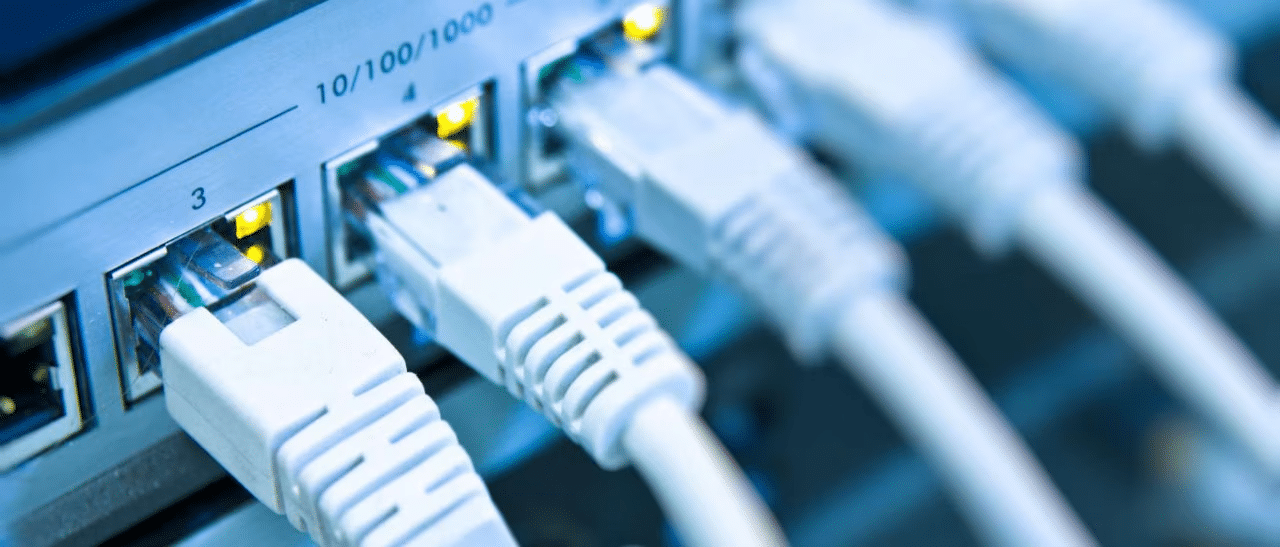In today’s connected world, maintaining a reliable internet connection at home is more important than ever. Whether you’re working from home, streaming your favorite shows, or keeping your smart devices online, losing your primary internet connection can be disruptive and frustrating. That’s why having a backup internet for home is a smart decision for anyone who values uninterrupted connectivity. In this article, we’ll explore affordable backup internet options that can keep your home connected, ensuring you stay online even when your primary internet fails.
Why You Need a Backup Internet for Home
There are several reasons why having a backup internet for home is essential:
- Work from Home: With the rise of remote work, having a stable internet connection is crucial for productivity. A backup internet solution can prevent downtime during important meetings or deadlines.
- Online Learning: Students need reliable internet access for online classes and assignments. A backup connection ensures they stay connected to their educational resources.
- Smart Home Devices: Many homes are equipped with smart devices that rely on a constant internet connection. A backup internet option keeps these devices functional during outages.
- Entertainment and Streaming: Whether it’s watching movies, playing games, or listening to music, uninterrupted internet access is vital for entertainment.
- Emergency Situations: During emergencies, staying connected to news and updates is critical. A backup internet plan provides peace of mind in these situations.
Now that we’ve established the importance of having a backup internet for home, let’s explore some affordable options to keep your home connected.
1. Mobile Hotspot Devices
A popular and convenient option for backup internet for home is using a mobile hotspot device. These devices connect to cellular networks and provide a Wi-Fi signal that multiple devices can connect to. Here’s why mobile hotspots are a great choice:
- Portability: Mobile hotspots are compact and easy to carry, allowing you to take them anywhere.
- Flexibility: You can use a mobile hotspot with various carriers, giving you the freedom to choose a plan that suits your needs.
- Cost-Effective: Many carriers offer affordable data plans specifically for mobile hotspots, making them a budget-friendly option for backup internet.
To get started, you’ll need to purchase a mobile hotspot device and subscribe to a data plan from a carrier of your choice. Keep the device charged and ready to activate when your primary internet goes down.
2. Tethering from Your Smartphone
If you own a smartphone with a data plan, tethering is another viable option for backup internet for home. Tethering allows you to share your phone’s internet connection with other devices, such as laptops and tablets. Here’s how tethering can keep you connected:
- Easy Setup: Most smartphones have built-in tethering capabilities, making it simple to enable the feature in your phone’s settings.
- No Additional Equipment: You won’t need to purchase extra hardware since your smartphone serves as the hotspot.
- Versatility: Tethering is suitable for short-term use during internet outages and can be quickly turned on or off as needed.
However, it’s important to monitor your data usage, as tethering can consume a significant amount of data. Ensure your mobile plan includes sufficient data to cover your backup needs without incurring additional charges.
3. Fixed Wireless Internet
Fixed wireless internet is an excellent option for those living in rural or remote areas where traditional wired connections may not be available. This technology uses radio signals to provide internet access, offering a reliable backup internet for home. Here are the benefits of fixed wireless internet:
- Wide Coverage: Fixed wireless services often cover areas where cable or DSL is unavailable, making it a suitable option for rural homes.
- High Speeds: Many providers offer competitive speeds, allowing for smooth browsing and streaming experiences.
- Stable Connection: Fixed wireless internet is less susceptible to disruptions caused by weather conditions compared to satellite internet.
To access fixed wireless internet, you’ll need to subscribe to a service provider that offers coverage in your area. They will install a receiver on your property to connect to the nearest tower.
4. Satellite Internet
Satellite internet is a reliable backup internet for home, especially in areas with limited infrastructure. While it may not offer the same speeds as cable or fiber, it provides consistent connectivity during outages. Here’s why satellite internet is worth considering:
- Global Coverage: Satellite internet can reach virtually any location, making it ideal for homes in remote or underserved areas.
- Independence from Local Infrastructure: Satellite internet doesn’t rely on cables or phone lines, so it’s less likely to be affected by local outages.
- Flexible Plans: Many satellite providers offer various plans with different data limits and speeds to suit your needs.
One downside to satellite internet is potential latency, which may affect activities like online gaming or video conferencing. However, for general browsing and streaming, it’s a solid option for backup connectivity.
5. Cable or DSL Backup Plans
If you already have cable or DSL as your primary internet service, consider adding a secondary plan from a different provider as a backup internet for home. This approach provides redundancy and ensures you have a reliable connection when your primary service fails. Here are some advantages:
- Seamless Transition: Switching between two wired connections is often seamless, minimizing downtime.
- Competitive Pricing: Some providers offer discounted rates for secondary plans, making it an affordable backup solution.
- Enhanced Reliability: With two separate connections, you reduce the risk of being completely offline due to provider-specific issues.
When choosing a secondary plan, consider opting for a different technology than your primary connection (e.g., cable vs. DSL) to increase redundancy.
6. Community Wi-Fi Networks
In some neighborhoods, community Wi-Fi networks are available as a shared resource for residents. These networks provide an alternative backup internet for home at little to no cost. Here’s why community Wi-Fi is worth exploring:
- Cost-Effective: Community Wi-Fi networks are often funded by local organizations or homeowner associations, making them a budget-friendly option.
- Shared Resources: By pooling resources, residents can access higher-speed internet than they might afford individually.
- Local Support: Community networks are often maintained by local volunteers, ensuring prompt assistance during outages.
To join a community Wi-Fi network, check with your local community center or neighborhood association for availability and access instructions.
7. Hybrid Solutions
For those who want the ultimate peace of mind, a hybrid solution combining multiple backup options can be the best choice. By leveraging different technologies, you create a robust backup internet for home that covers various scenarios. Here’s how a hybrid approach works:
- Layered Redundancy: Combine mobile hotspots, fixed wireless, and community Wi-Fi to ensure connectivity even during widespread outages.
- Scalable Solutions: Tailor your hybrid setup to your specific needs and budget, adjusting as your requirements change.
- Unmatched Reliability: With multiple backup options, you minimize the risk of being offline, regardless of the circumstances.
Choosing the Right Backup Internet for Home
Selecting the right backup internet for home depends on several factors, including your location, budget, and internet usage. Here are some tips to help you make an informed decision:
- Assess Your Needs: Determine how much data you require for essential tasks and choose a plan that accommodates your usage.
- Compare Costs: Evaluate the costs of different backup options, including equipment, data plans, and installation fees.
- Check Coverage: Ensure the backup solution you choose provides reliable coverage in your area, especially for mobile and fixed wireless options.
- Test Before You Need It: Set up and test your backup internet solution before an outage occurs to ensure it works as expected.
- Consider Redundancy: If possible, combine multiple backup options to create a more resilient internet setup.
Conclusion
In today’s digital age, having a backup internet for home is no longer a luxury but a necessity. From mobile hotspots to fixed wireless solutions, there are affordable options to keep your home connected during internet outages. By choosing the right backup internet plan, you can enjoy uninterrupted connectivity, ensuring you stay productive, entertained, and informed at all times. Invest in a reliable backup internet solution today and experience the peace of mind that comes with knowing you’re always connected.



